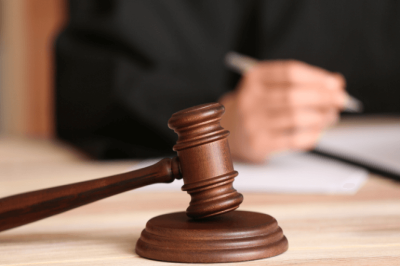Property disputes refer to conflicts or disagreements between individuals, businesses, or entities concerning the ownership, possession, use, or rights related to real or personal property. These disputes can arise due to various reasons, including unclear property boundaries, title issues, inheritance disputes, breach of contracts, lease disagreements, or encroachments. Resolving property disputes is crucial to establish legal rights and maintain peace and order in the community. Here are key aspects of property disputes:
Types of Property Disputes:
Boundary Disputes: Conflicts regarding the precise location or demarcation of property boundaries, often due to unclear property deeds or changes in land use over time.
Title Disputes: Conflicts arising from unclear or contested ownership of a property, disputes related to the authenticity or validity of property titles, or claims from multiple parties on the same property.
Easement Disputes: Disputes concerning the right to use or access another person’s property, such as shared driveways or utility easements.
Landlord-Tenant Disputes: Conflicts between landlords and tenants regarding lease agreements, eviction, repairs, or security deposits.
Construction Disputes: Conflicts between property owners and contractors regarding construction defects, delays, cost overruns, or failure to meet contractual obligations.
Co-ownership Disputes: Disputes involving joint ownership or co-tenancy of a property, typically arising from disagreements over the use, management, or sale of the property.
Inheritance Disputes: Conflicts over the distribution and ownership of a property following the death of a property owner, often involving wills, trusts, and estate planning.
Nuisance Disputes: Conflicts regarding the use or condition of a property that interferes with the enjoyment or use of neighboring properties, such as noise, odors, or environmental issues.
Methods of Resolution:
Negotiation and Mediation: Parties attempt to resolve the dispute through negotiation or with the assistance of a neutral third party (mediator) to reach a mutually agreeable solution.
Arbitration: Disputes are submitted to an arbitrator, who acts as a judge and makes a binding decision based on evidence presented by both parties.
Litigation: Parties resort to a legal process where the dispute is resolved through a court trial, with a judge rendering a final decision based on the law and evidence presented.
Legal Remedies:
Legal remedies for property disputes may include monetary compensation, specific performance (enforcing a contract), injunctions (restraining certain actions), or quiet title actions (resolving title disputes).
Legal Assistance:
Seeking guidance and representation from real estate attorneys or property law experts is crucial in navigating the complexities of property disputes and ensuring a fair resolution.
Resolving property disputes requires a thorough understanding of property laws and the specific circumstances surrounding the dispute. Legal professionals play a crucial role in providing advice, guiding negotiations, and representing parties to help achieve a resolution that protects their rights and interests.
we are here to help. Our dedication to providing personalized service and attention to detail ensures that your case is handled with the care and expertise it deserves. Thank you for choosing Meenuu pandey & Associates, we look forward to serving your legal needs.













Meenuu pandey & Associates © 2023 | Developed by Shivwebsindia.com